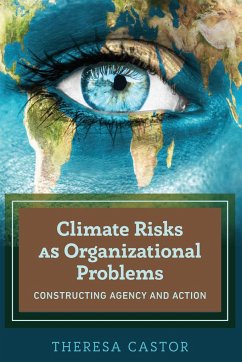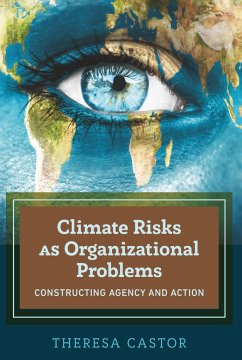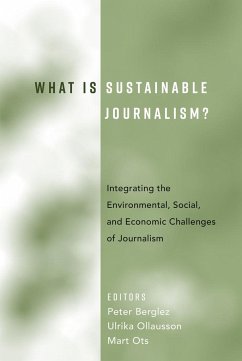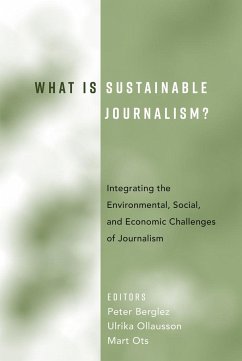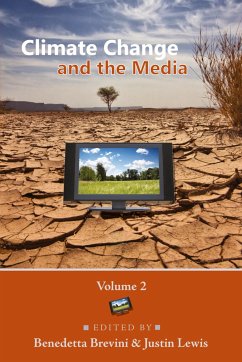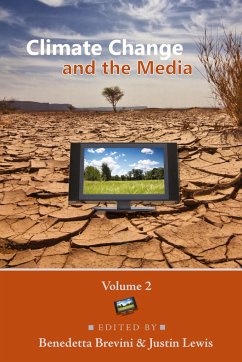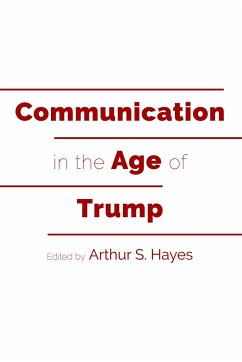
Environmental Activism and the Media
The Politics of Protest
Versandkostenfrei!
Versandfertig in 6-10 Tagen
136,35 €
inkl. MwSt.
Weitere Ausgaben:

PAYBACK Punkte
0 °P sammeln!
For more than 40 years politicians, activists, advocates, and individuals have been seeking ways to solve the problem of climate change. Governments and the United Nations have taken an economic path, while others seek solutions in the equality of climate justice. Taking the step from green consumer to the streets at climate summits and protest camps, as well as taking direct action recasts activists as everything from tree huggers, to domestic extremists, to ecoterrorists. Political policing and new legislation increasingly criminalizes environmental activism, supported by media reporting tha...
For more than 40 years politicians, activists, advocates, and individuals have been seeking ways to solve the problem of climate change. Governments and the United Nations have taken an economic path, while others seek solutions in the equality of climate justice. Taking the step from green consumer to the streets at climate summits and protest camps, as well as taking direct action recasts activists as everything from tree huggers, to domestic extremists, to ecoterrorists. Political policing and new legislation increasingly criminalizes environmental activism, supported by media reporting that recasts environmental activism as actions to be feared.
Why this has happened and how activists have learned to circumvent the media's recasting is the story of Environmental Activisim and the Media: The Politics of Protest. Through media movements to persuade the moveable middle, high court challenges, and gatekeeping, activists have found ways to challenge media and political discourse.
This book identifies four key areas to tie together diverse sets of green governmentality, traditional media discourse, and activism: (1) environmental governance and green governmentality; (2) historical media discourse; (3) alternative communication infrastructures; and (4) local to the global. Using data from 50 interviews, archival research, and non-participatory observation from environmental activists from the UK, USA, and Australia, this text will show why protest is important in democratic political participation.
From activists to slacktivists, Environmental Activism and the Media: The Politics of Protest is for those with an interest in cultural, social, and political studies; democratic processes; climate and social justice; governmentality; and/or the study of environmental politics, human geography, communication, and sustainability.
Why this has happened and how activists have learned to circumvent the media's recasting is the story of Environmental Activisim and the Media: The Politics of Protest. Through media movements to persuade the moveable middle, high court challenges, and gatekeeping, activists have found ways to challenge media and political discourse.
This book identifies four key areas to tie together diverse sets of green governmentality, traditional media discourse, and activism: (1) environmental governance and green governmentality; (2) historical media discourse; (3) alternative communication infrastructures; and (4) local to the global. Using data from 50 interviews, archival research, and non-participatory observation from environmental activists from the UK, USA, and Australia, this text will show why protest is important in democratic political participation.
From activists to slacktivists, Environmental Activism and the Media: The Politics of Protest is for those with an interest in cultural, social, and political studies; democratic processes; climate and social justice; governmentality; and/or the study of environmental politics, human geography, communication, and sustainability.






